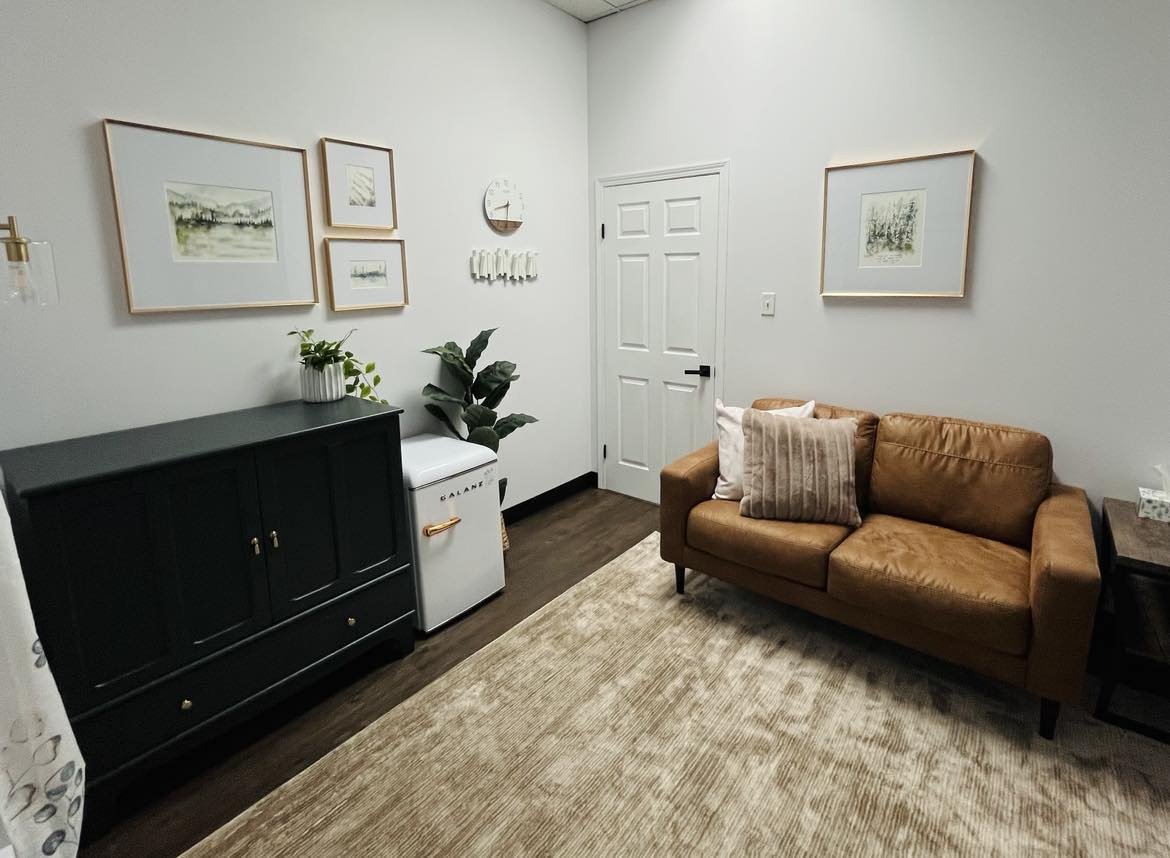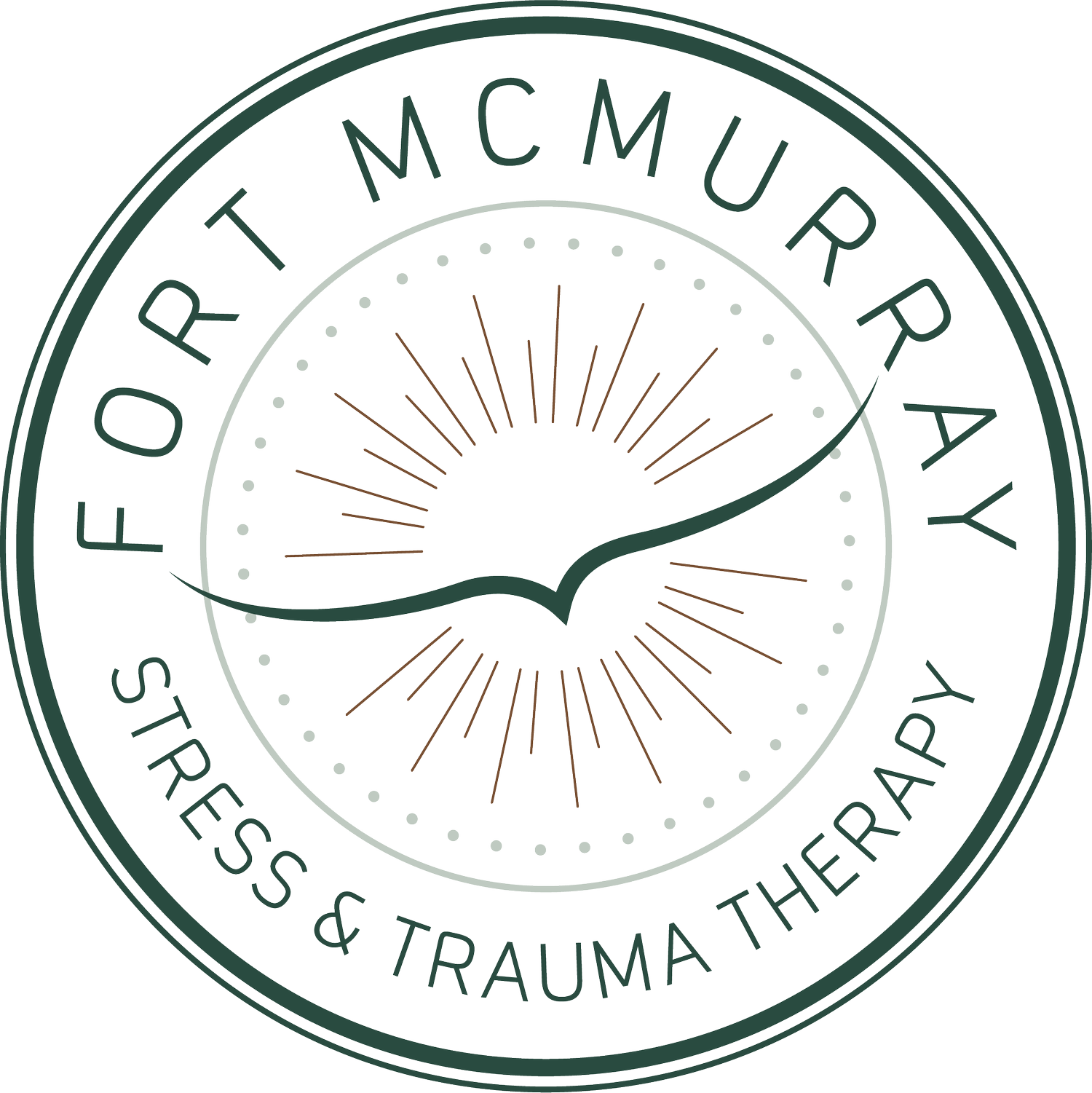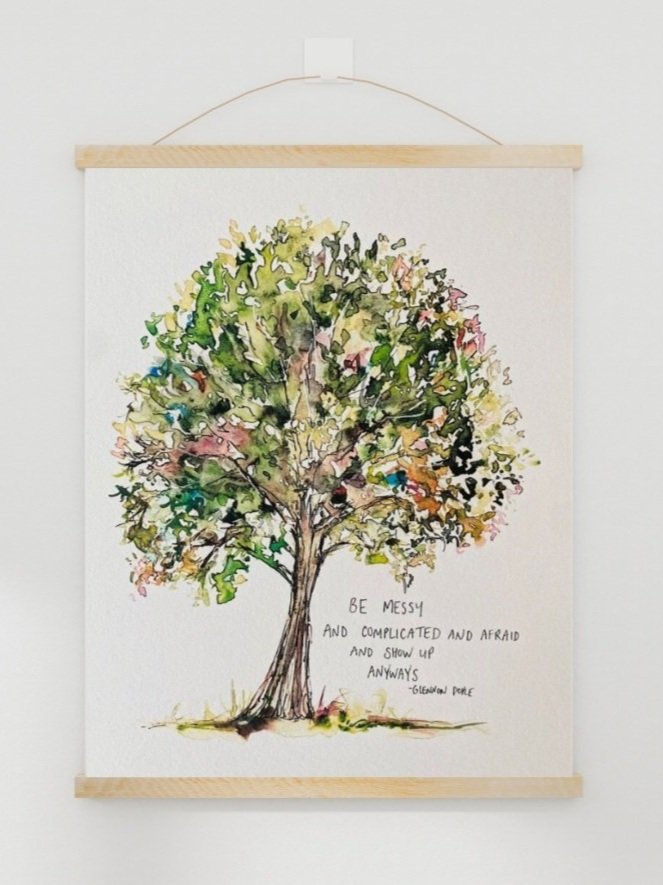Empowered Boundaries
Therapy & Counselling for
Helping you feel safer, so you can connect deeper, and take up that space.
You’ve mentally prepared and refined your approach.
You've practiced this conversation in the shower, at red lights, and each night before bed. Over. And over. And over again.
But despite your Olympian-like training, something stops you just moments before you set that boundary. Your confident posture collapses, and a sense of impending doom takes over. The well-rehearsed lines vanish, and suddenly, this all feels like a bad idea.
So, you quickly shift the conversation. You think of a creative reason to leave. Or you pretend your phone's junk mail folder requires your immediate attention. Instant relief washes over you as you walk away. But you're no stranger to this pattern. You know frustration and shame will soon follow.
Sound familiar?
Let's unpack what might be keeping you stuck.
Understanding the Bounday Block
Our early experiences, social location, and past traumas can deeply affect our ability to set boundaries.
If your boundaries were violated in the past, you might experience implicit memories when trying to establish boundaries now. Implicit memories hang out in our body and nervous system. When triggered by something familiar, they can flood us with old emotions, sensations, and automatic responses, all aimed at protecting us from perceived harm.
Unlike traditional memories, implicit memories surface without an image. So, we believe our feelings and reactions reflect our experiences today. Implicit memories prevent us from taking in present-moment information and connecting with how we genuinely feel now.
These memories are emotionally and physically intense and this sometimes interferes with areas of the brain responsible for clear thinking and effective communication. This is why assertive communication skills alone won’t help you set that desired boundary.
If your mind and body aren't on the same page, it’s not going to happen.
If boundaries are challenging for you, it's not your fault.
As infants, we naturally express our need for connection and space—cooing or smiling to connect and turning away to take a breather. Ideally, caregivers attune and meet their child's need for both closeness and space. When this balance is achieved, children feel cared for, secure, and understood.
Our boundary system is online at birth.
If important adults in your life were unable to meet your needs, you likely exited childhood believing your needs didn't matter or that they were too much for others. You might notice guilt or shame pop up for you as you navigate boundaries now. If your emotional needs were met with yelling, mocking, shaming, or violence, boundary avoidance and fear make sense.

It is never a child’s responsibility to have healthy boundaries.
It is always the responsibility of the adults to create the environment for healthy boundaries to exist.
- Vienna Pharaon -
How Trauma Impacts Boundaries
Experiencing or witnessing trauma can disrupt our ability to establish and maintain healthy boundaries.
Trauma overwhelms our internal boundary system, often creating feelings of powerlessness and the belief that we’re unworthy of setting limits. Sometimes, people develop rigid boundaries, attempting to shield themselves from future harm. If these experiences occurred in childhood, healthy internal boundaries may have failed to develop altogether.
You may try to set clear, assertive boundaries, but then your shoulders collapse, and your voice becomes small.
Or want to connect with a safe loved one but notice your muscles tighten and then feel an impulse to take off. These responses are automatic and not consciously chosen by you.
It's important to note that these are examples of survival responses that should be honoured if you're currently in an unsafe environment. Establishing boundaries is not always advised in abusive dynamics.

When you listen to and believe your body about what feels safe and not, you put into action your worthiness.
- Juliane Taylor Shore -
Therapy Can Help Heal the Boundary Wound
Assess Your Boundary Style
Learn how it once helped and identify what would serve you best now.
Heal the Root
Process past experiences creating barriers to protection or connection now.
Strengthen Your Mind-Body Connection
Learn your true preferences, needs, and limits. Make requests and set boundaries that support the relationships and life you want now.








